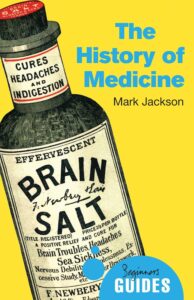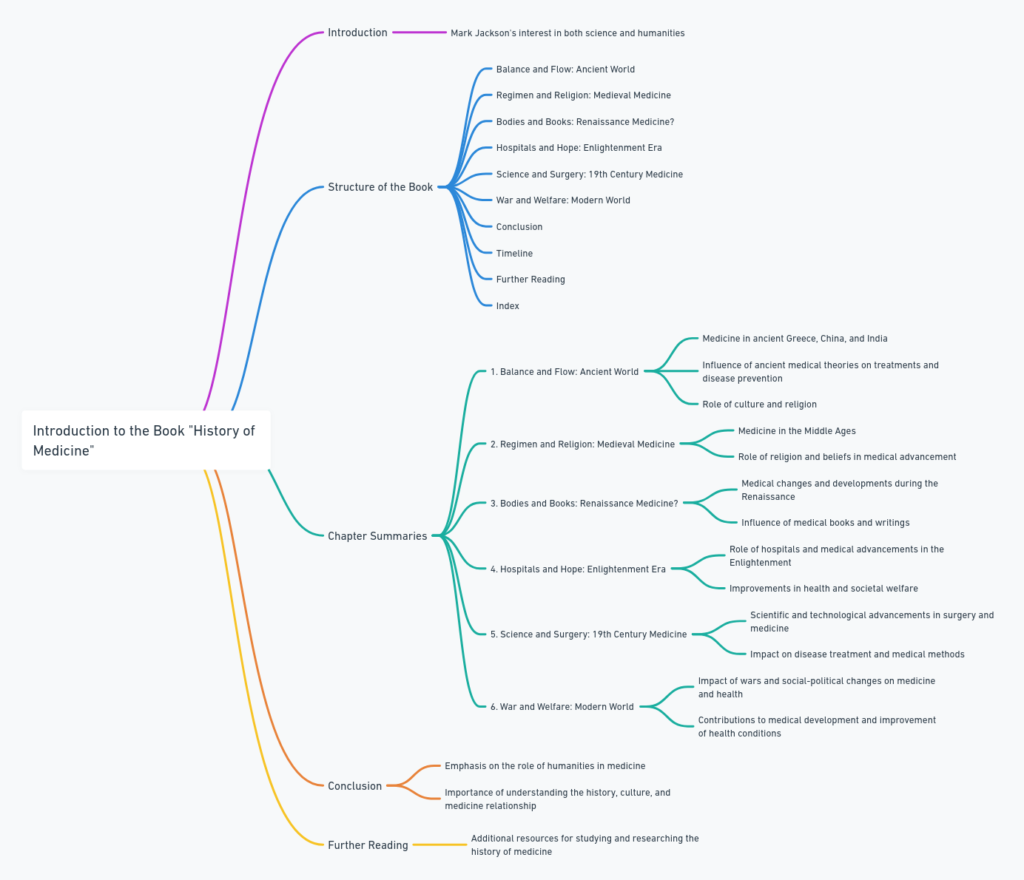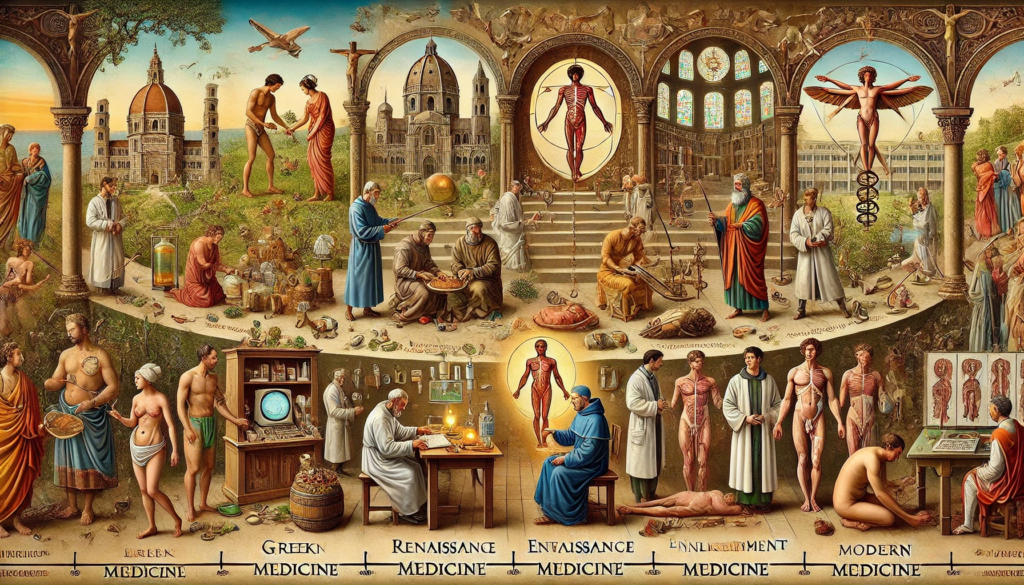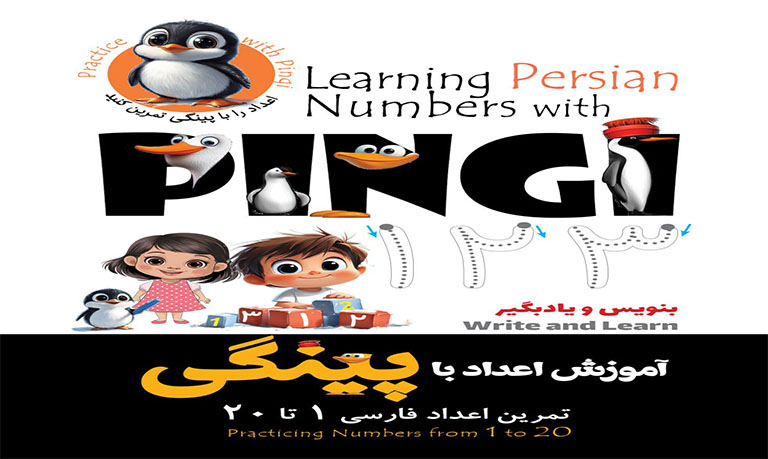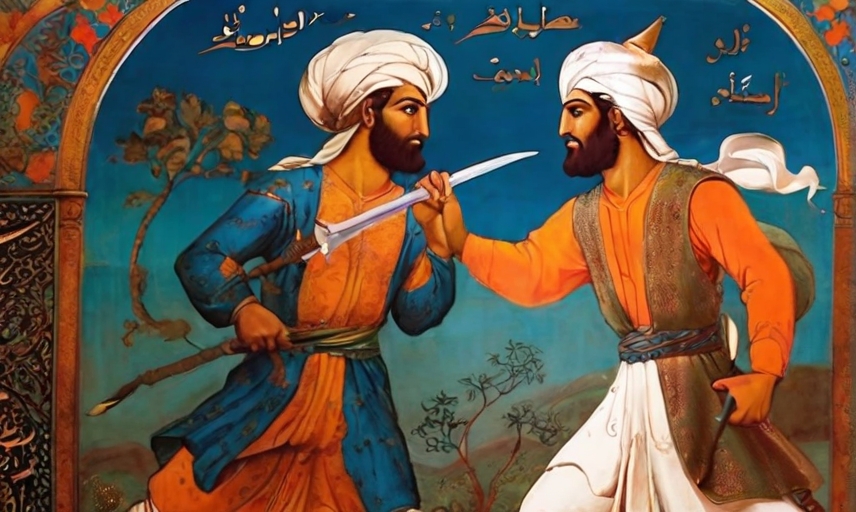
Introduction of Rostam and Sohrab: Two Mythical Heroes in Iranian Literature
February 3, 2024
The Ultimate Guide to Using Behavioral Therapy Methods for Influencing and Controlling the Mind
July 14, 2024A Book for Medicine History Enthusiasts
“History of Medicine: A Beginner’s Guide” by Mark Jackson, translated by Yashar Mojtahedzadeh, has been published by Sabzan Publications. This book provides a comprehensive look at the evolution of medical science from ancient times to the present day. It not only examines medical innovations and achievements but also discusses the social, cultural, and political contexts that have influenced this field.
“A History of Medicine,” written by Mark Jackson, is a comprehensive introductory guide to the history of medicine published by Oneworld in 2014. With a humanistic and comprehensive approach, this book explores the history of medicine, aiming to acquaint students and enthusiasts with the significance of studying the history of medicine and the factors that have influenced health and medicine over time.
In the introduction to his book, Mark Jackson mentions that writing this book was an opportunity for him to engage two complementary aspects of his personality: a passion for science and medicine and a commitment to history and the humanities. As a disillusioned doctor and later a medical historian, he has managed to bring a blend of these two fields into this book.
Structure of the Book
This book comprises various sections, each examining different periods in the history of medicine and the cultural, social, and political influences on medical knowledge and practice. The table of contents is as follows:
Balance and Flow: The Ancient World
Regimen and Religion: Medieval Medicine
Bodies and Books: Renaissance Medicine
Hospitals and Hope: The Enlightenment
Science and Surgery: Medicine in the Nineteenth Century
War and Welfare: The Modern World
Conclusion
Timeline
Further Reading
Index
Medicine from Past to Present
Medicine has always been a part of human life. From ancient times when people used plants and traditional methods to treat diseases to today when medical science has become one of the most advanced fields, medicine has always been a part of our lives.
Balance and Flow: The Ancient World
In this section, Jackson examines medicine in the ancient world, including ancient Greece, China, and India. He discusses the impact of ancient medical theories on treatments and disease prevention and the role of culture and religion in these theories.
In ancient times, medicine was heavily influenced by religious and magical beliefs. Ancient physicians used medicinal plants, bloodletting, and simple surgeries to treat patients. “A History of Medicine” explores these methods and their impact on modern medicine.
Regimen and Religion: Medieval Medicine
In this chapter, the author examines medicine in the medieval period and shows how religion and religious beliefs played a significant role in the advancement of medicine.
Medicine in the Middle Ages was heavily influenced by religion. Hospitals and healthcare centers were often run by churches and monasteries, and doctors served as God’s servants in treating patients.
Bodies and Books: Renaissance Medicine
Jackson explores the changes and developments in medicine during the Renaissance and the impact of medical books and writings on the advancement of this science.
The Renaissance was a period of significant transformations in medical science. Physicians like Andreas Vesalius used human body dissection to gain a better understanding of anatomy, and this knowledge helped develop new treatment methods.
Hospitals and Hope: The Enlightenment
In this chapter, the author examines the role of hospitals and medical advancements during the Enlightenment and shows how these advancements helped improve community health and welfare.
The Enlightenment period saw significant advancements in medical science. Physicians began using scientific methods to study diseases and develop more effective treatments. This period marked a turning point in medical history, leading to the development of modern hospitals and healthcare systems.
Science and Surgery: Medicine in the Nineteenth Century
This section examines the scientific and technological advancements in surgery and medicine in the nineteenth century and analyzes the impact of these advancements on disease treatment and medical methods.
The nineteenth century witnessed significant advancements in medical science and surgery. With the development of new tools and surgical techniques, physicians were able to perform more complex operations, improving patient treatment.
War and Welfare: The Modern World
In this chapter, Jackson examines the impact of wars and social and political changes in the modern world on medicine and community health and shows how these factors influenced the development of medicine and improved health conditions.
World wars had profound impacts on medical science. The need to treat wounded soldiers and manage widespread diseases led to the development of new treatment methods and drugs. After the wars, medical science continued to advance rapidly, and welfare healthcare systems improved.
Timeline
The book includes a timeline that illustrates significant events in the history of medicine from ancient times to the present.
Further Reading
At the end of the book, the author introduces additional resources for studying and researching the history of medicine, which can be useful for readers interested in this field.
Index
The book has a comprehensive index to help readers easily access the content they are interested in.
Conclusion
“A History of Medicine: A Beginner’s Guide” provides a comprehensive look at the evolution of medicine from ancient times to the present. By examining innovations, achievements, and the social and cultural contexts influencing medical science, this book is a valuable resource for students and enthusiasts of medical history. “A History of Medicine” is a comprehensive and practical resource for understanding the history of medicine and its cultural, social, and political impacts. With a humanistic and comprehensive approach, this book examines different periods in the history of medicine and emphasizes the role of the humanities in medicine.
FAQ:
Why is studying the history of medicine important?
Studying the history of medicine helps us gain a better understanding of the scientific and cultural developments that have influenced human health and treatment.
What topics does “A History of Medicine: A Beginner’s Guide” cover?
This book covers the history of medicine from ancient times to the present, discussing innovations, achievements, and the social and cultural contexts influencing medical science.
Is this book suitable for beginners?
Yes, this book is written in a way that is suitable for those new to studying the history of medicine.
Does “A History of Medicine” focus only on the history of Western medicine?
No, this book also examines the history of medicine in various cultures, including China, India, and Egypt.
How can one access more resources on the history of medicine?
“A History of Medicine: A Beginner’s Guide” introduces additional resources that can help students and researchers delve deeper into their studies.
What are the differences between ancient and modern medicine?
Ancient medicine was heavily influenced by religious and magical beliefs, whereas modern medicine is based on scientific principles and rigorous research.


